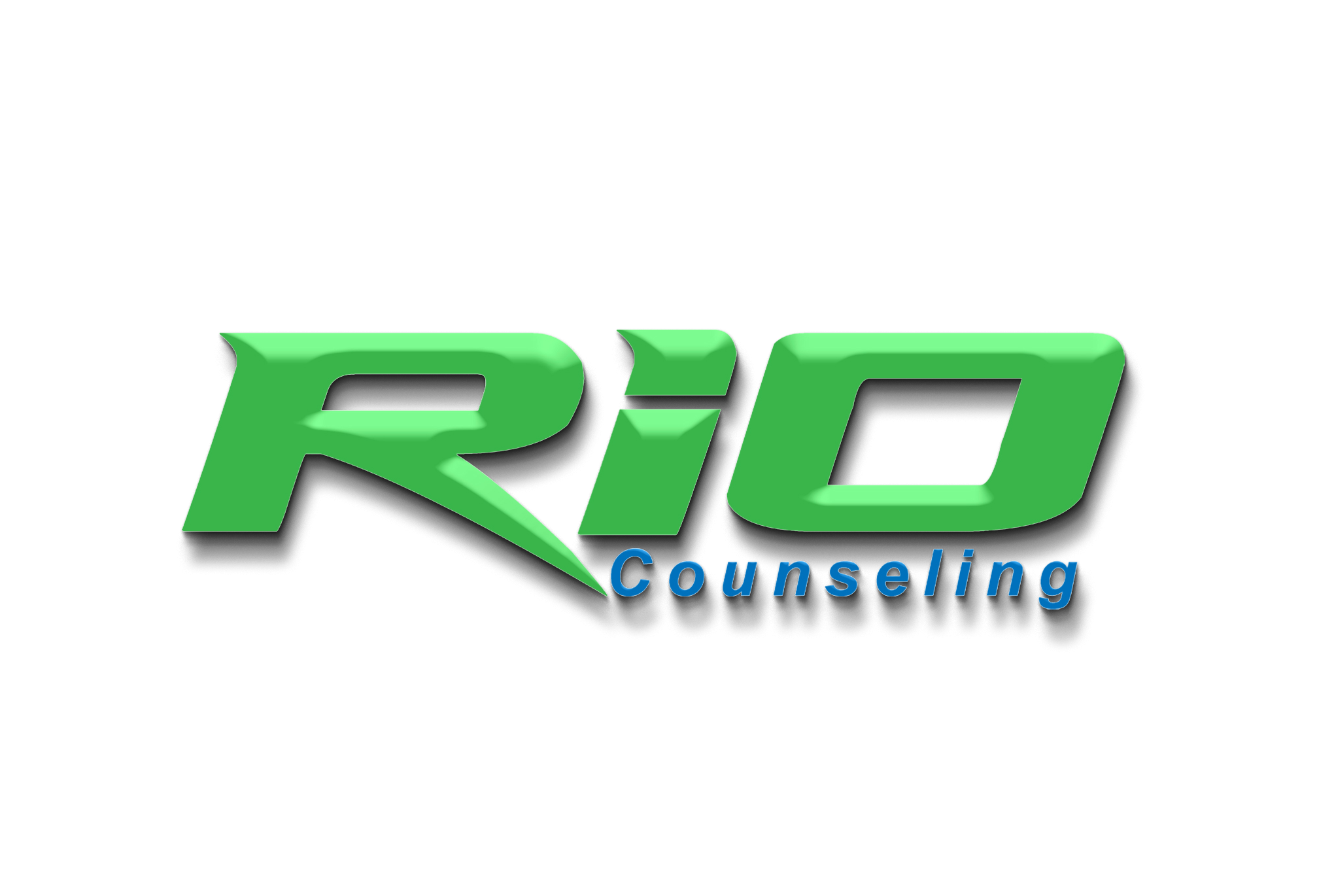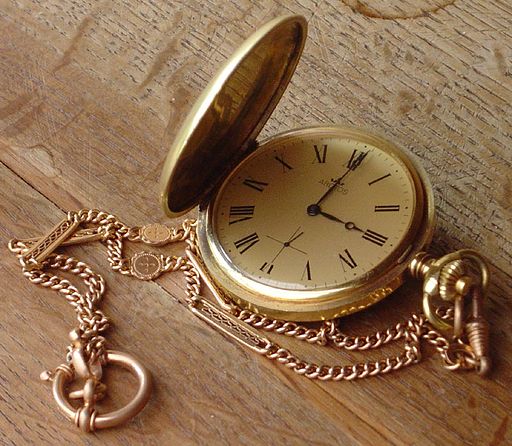 The past plays a significant role in the way we see ourselves and the way we experience the world. Most counselors fall somewhere on a continuum between past and present focused counseling. As we help people cope with distressing situations or behaviors, what is the correct balance between past and present focus?
The past plays a significant role in the way we see ourselves and the way we experience the world. Most counselors fall somewhere on a continuum between past and present focused counseling. As we help people cope with distressing situations or behaviors, what is the correct balance between past and present focus?
In a paper by Lisa M. Najavits, PhD (author of Seeking Safety), it was reported that in the treatment of PTSD, those who work in a primary mental health setting tend to be more present focused while those in a primary substance abuse setting tend to be more focused on the past.Those with higher rates of burnout and longer clinical experience tended to prefer a focus on the present while those with a personal history of trauma used a more past-focused approach.
I have always been a great admirer of William Glasser and his book Reality Therapy: A New Approach to Psychiatry (Colophon Books). The book provides a straightforward approach to counseling that cuts through a lot of the why questions and goes right to the heart of what and how in the here and now. In my first years of counseling, Reality Therapy provided the framework for most of my counseling interventions. For many clients, this approach seemed to be effective.
But it didn’t work for all. And in fact, I think I always knew something was missing. I was looking at people in their present situation with no real regard for the journey they had been on. One of the tenants of Reality Therapy is that the past doesn’t much matter because we can’t do anything about it. That was a pretty convenient approach for me because I really wasn’t that comfortable delving too much into anyone’s past.
Then I attended a training by Dan Griffin for the Helping Men Recover curriculum. He kept talking about trauma and the effects of trauma on people’s lives. I was initially very skeptical and thought he was over-playing the prevalence and importance of trauma. But as I continued in the training, and even worked some of the exercises myself, I realized how focusing on my past was improving my understanding of the present.
We started utilizing material from the Helping Men Recover curriculum at our facility and found that for some clients, it provided a real turning point in their ability to engage in the therapeutic process. I continued to study and research the effects of trauma and have read extensively and written about the Adverse Childhood Experiences study and its implications.
I believe that for a while, the pendulum swung and I became a little too past-focused in my interventions. I’m now starting to realize the importance of balance and flexibility. There are certainly clients that can benefit from a look at their past and the impact it has had on their present situation. I have witnessed and believe in the cathartic power of telling one’s story, sometimes for the first time. It’s amazing to see the relief when someone shares a secret they’ve carried for years.
I also know there are clients who seem to live so entirely in the past that they continue to relive their most traumatic experiences. They tell their story so often that instead of being cathartic, it continues to torment and injure them. For these clients, we need to find a way to resolve whatever is lingering so they can move into and enjoy the present.
I’m still learning to not let a theoretical approach take precedence over the person I’m working with. In the era of evidence-based, manualized curriculum, I’m working to stay flexible enough to actually provide the help that’s needed.
So where are you on the continuum? Are you at one extreme or the other and if so, at which end? Are you in a static location or are you flexible enough shift based on client needs? As always, I’d love to hear about and learn from your experiences.



4 thoughts on “Past versus Present Focused Counseling”
Very interesting. Even a person who doesn’t suffer from an addiction problem can be dominated by the past. If only we could mine through the past for those nuggets of good without the dross of failure or hurt accompanying.
Unfortunately, we seem to be programmed to remember negative experiences more vividly than anything else. I just heard an interview with a Dr. Rick Hansen on NPR yesterday discussing something similar. I know it’s possible to train ourselves to see the world differently but it requires a conscious and deliberate effort to do so.
Thank you for this thought provoking article! I like what you said about balance, and you caused me to think through my own perspective on past VS. present focus. This is where I got:
If trauma and long term stress affects our view of ourselves and the world, and can change our actual brain function, how can we not believe that the past is significant and must be dealt with to become emotionally healthy? Once those events and situations are understood and accepted for what they were, distorted thoughts can change, forgiveness can occur, and self-love can bloom. But that is not enough. Social/Life/Coping skills and new information must be acquired and used until they are the norm. All of this may overlap and intertwine but some things must done before other things can be accomplished.
I’m a fairly new counselor. Am I on the right track?
Succinct focus on balance of past-present. Thanks.
Comments are closed.